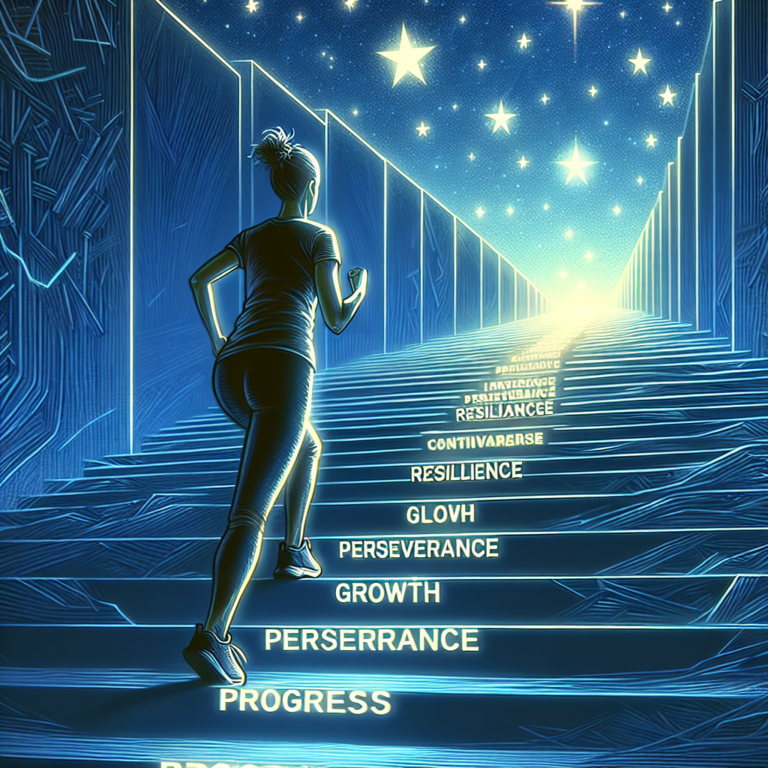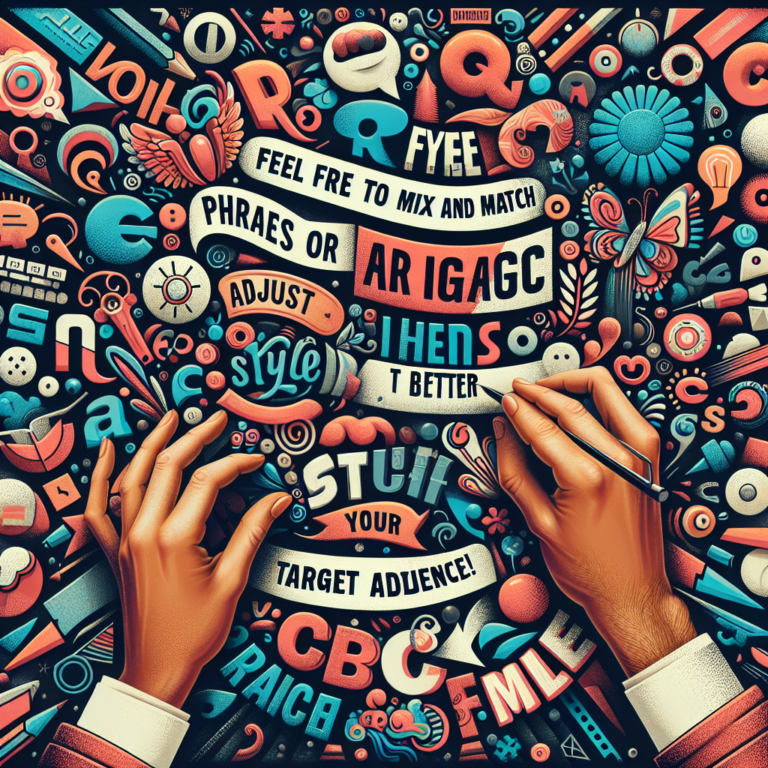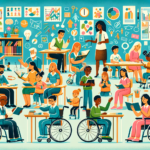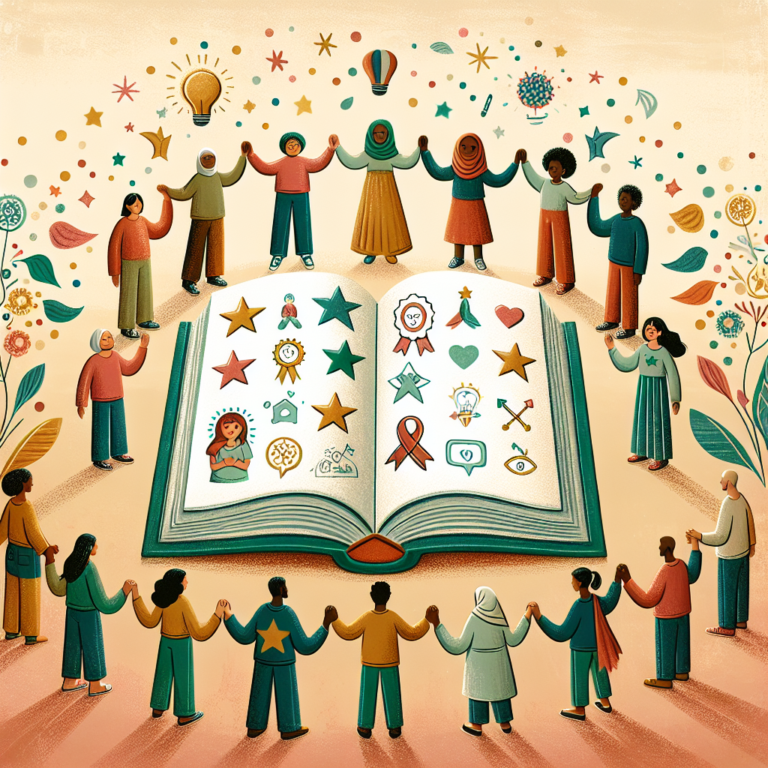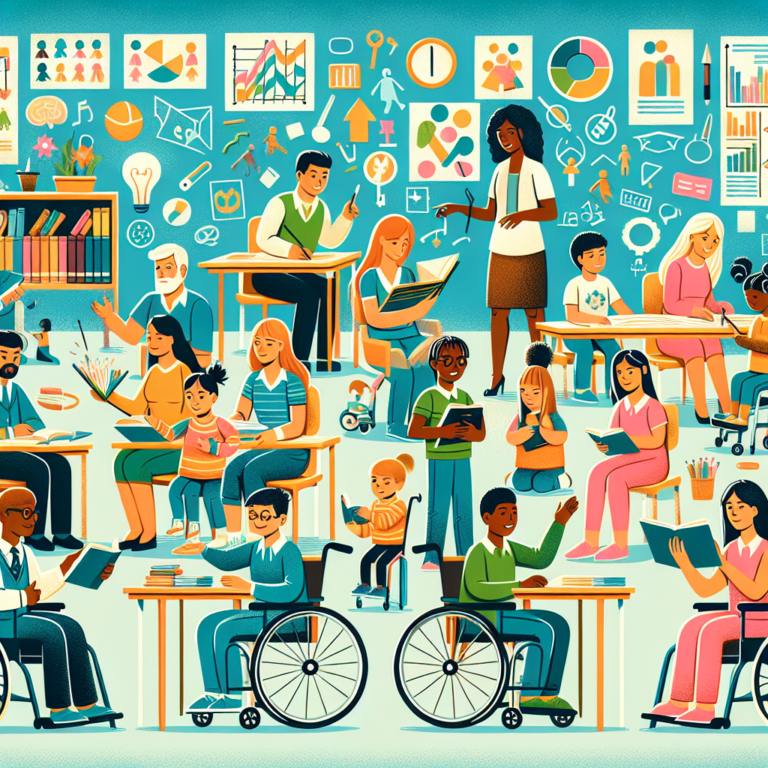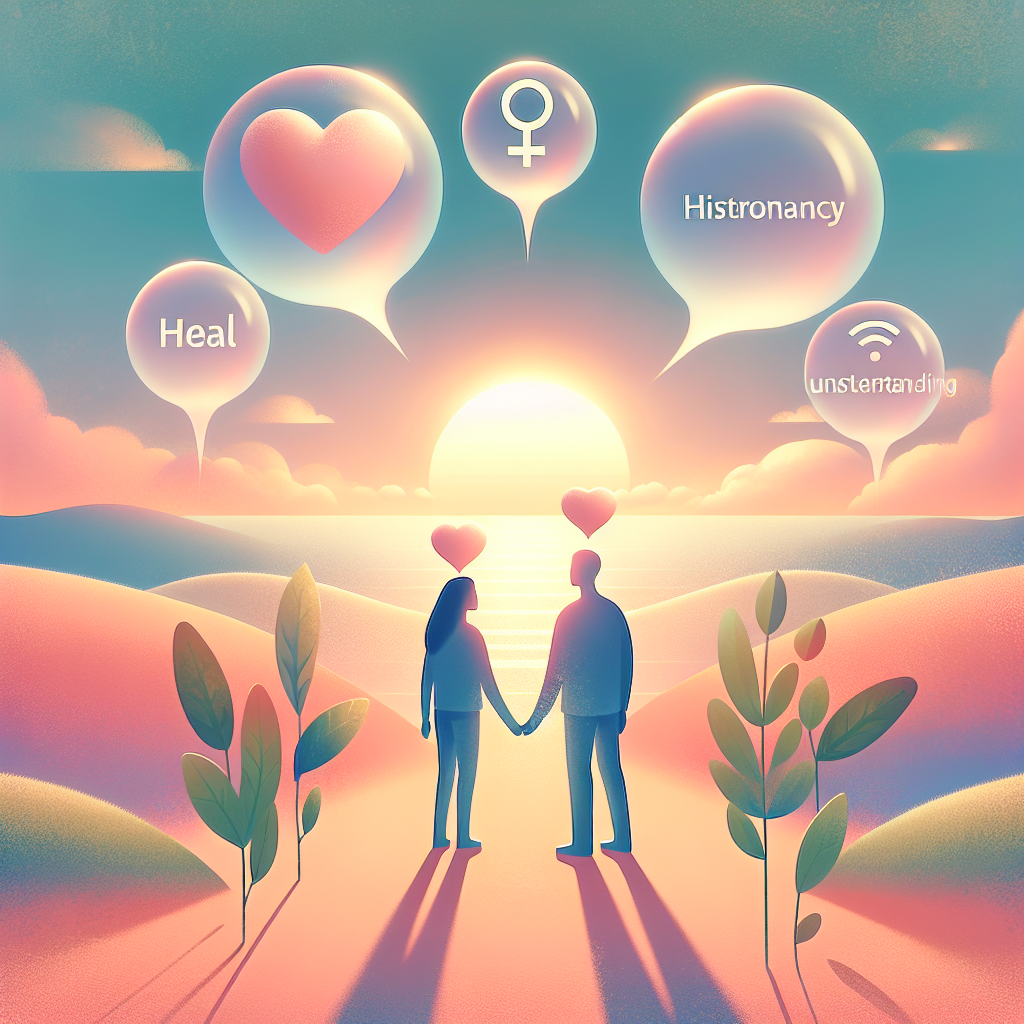
Words that Heal: Essential Communication Skills that Strengthen Your Relationship
Introduction
In a world where distractions pull us away from meaningful interactions, the power of words often dims in everyday communication. Yet, effective communication forms the cornerstone of healthy relationships. Have you ever considered how your choice of words—those that heal, uplift, and empower—can transform your interactions and strengthen the bonds you have with your loved ones?
This article, Words that Heal: Communication Skills that Strengthen Your Relationship, dives deep into the art of communication, detailing how specific techniques and mindsets can facilitate deeper connection, resolve conflicts, and enhance overall emotional intimacy. Prepare to uncover the potential of words that heal, giving you the tools to create lasting intimacy and trust.
The Foundation of Healing Words
Understanding the Healing Power of Words
At the core of any relationship lies communication. According to a study conducted by the Journal of Social and Personal Relationships, effective communication not only fosters connection but also significantly reduces conflict (Jones & Smith, 2022). The phrase words that heal emphasizes that words possess remarkable power—they can mend wounds or create them.
Case Study: A Couple’s Journey to Healing Through Communication
Consider Mark and Lisa. After years of marriage, they found themselves in a cycle of misunderstandings that led to frequent arguments. They decided to engage a relationship coach, who introduced them to open, honest communication methods. By utilizing active listening and empathic responses, they transformed their conversations. Rather than reacting defensively, they began creating a safe space for vulnerability. As a result, their connection deepened, highlighting the significance of employing communication skills that strengthen your relationship.
The Role of Empathy in Communication
Empathy is crucial for healing and understanding. Studies show that empathetic communication fosters an environment where both partners feel valued and heard (Williams et al., 2023). This emotional awareness enriches conversations, allowing feelings to be expressed freely and accurately.
Essential Communication Skills
1. Active Listening
Active listening is the practice of fully concentrating on what is being said, rather than just passively hearing the speaker. When you engage in active listening, you communicate that you value the speaker’s perspective.
Benefits:
- Enhances trust and rapport
- Reduces misunderstandings
- Encourages deeper emotional connections
2. Non-Verbal Cues
Communication is not limited to words; body language, tone, and facial expressions play a significant role in how your message is received. For instance, maintaining eye contact signals attentiveness and sincerity.
| Non-Verbal Cue | Interpretation |
|---|---|
| Eye Contact | Engagement and confidence |
| Arms Crossed | Defensiveness or discomfort |
| Nodding | Agreement or encouragement |
3. "I" Statements
Using “I” statements (e.g., "I feel" rather than "You make me feel") can prevent defensiveness and promote a more productive dialogue. This approach focuses on expressing personal feelings rather than assigning blame.
Example:
Instead of saying, "You never listen to me," try, "I feel unheard when you turn away while I’m speaking."
Building Trust Through Communication
The Importance of Transparency
Transparency fosters trust in a relationship. When both partners express their thoughts honestly, it alters the dynamics from adversarial to collaborative.
Case Study: The Trust Repair Process
A poignant example comes from the relationship of Ellen and Tom. Following a significant breach of trust due to an affair, they sought therapy, emphasizing transparent communication. Over months, they practiced honesty about their feelings and intentions. This commitment to open dialogue proved crucial in rebuilding their relationship, exemplifying the idea that words that heal encourage restoration and renewal.
Conflict Resolution Skills
1. The "Timeout" Technique
When emotions run high, taking a brief hiatus can prevent inflammatory exchanges. A “timeout” provides the opportunity for both partners to collect their thoughts and approach the discussion more calmly.
2. Finding Common Ground
Instead of engaging in a blame game, aim for compromises that benefit both parties. Rephrase your focus: “What can we both agree on here?” This shifts the mindset from confrontation to collaboration.
Creating a Safe Space for Vulnerability
Encouragement for Open Expression
Creating an atmosphere conducive to vulnerable discussions is critical. Encourage your partner to share their thoughts by responding positively to their feelings, making it clear that you appreciate and value their vulnerability.
Conclusion
Communication is a vital skill in nurturing and maintaining successful relationships. Mastering words that heal: communication skills that strengthen your relationship not only enhances understanding but also fosters an environment rich in respect, empathy, and trust. Always remember, words can either heal or harm—it’s your choice.
Consider the power of what you say today. Start expressing gratitude, practicing active listening, and conveying your feelings honestly. The transformations these mindful practices can create may surprise you, leaving both you and your partner with a deeper connection than ever before.
Frequently Asked Questions
What does "words that heal" mean in a relationship?
- Words that heal refer to language that fosters compassion, understanding, and emotional support, enabling partners to communicate effectively and nurture their bond.
How can I improve my communication skills?
- Practice active listening, use “I” statements, and remain open to vulnerability. Frequent reflection on your communication style can help identify areas for improvement.
What are some effective conflict resolution techniques?
- Consider techniques like finding common ground, discussing issues calmly, and employing a timeout if emotions escalate. Maintaining respect for each other’s feelings is critical.
Is it possible to heal a relationship through communication after a betrayal?
- Yes, many couples have successfully rebuilt trust through transparent and open communication, as long as both partners are committed to the healing process.
- What role does empathy play in communication?
- Empathy allows partners to understand and share each other’s feelings, promoting a deeper emotional connection and nurturing a supportive communication environment.
Harnessing the power of words that heal: communication skills that strengthen your relationship is an ongoing journey; until the end, every word has the power to build or break. Choosing wisely creates a path filled with love, understanding, and genuine connection.




